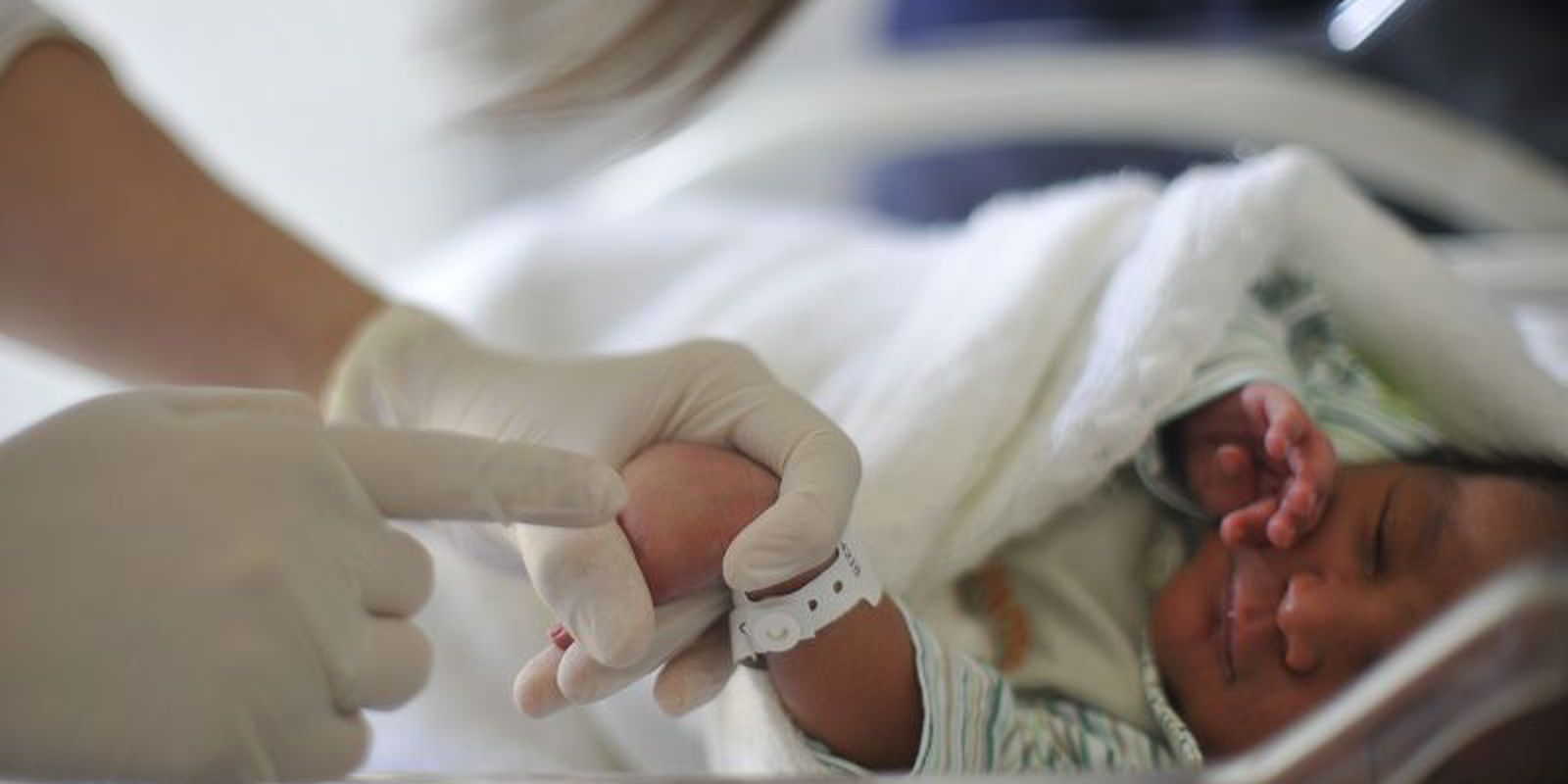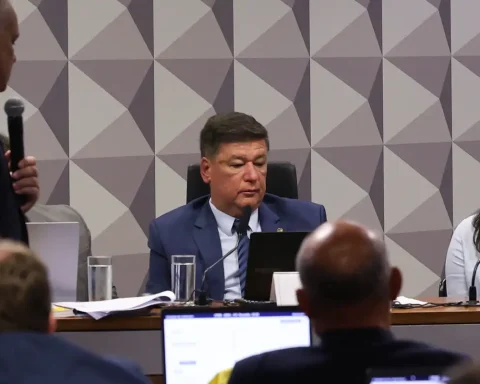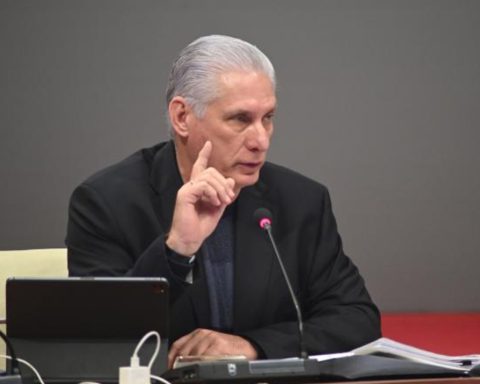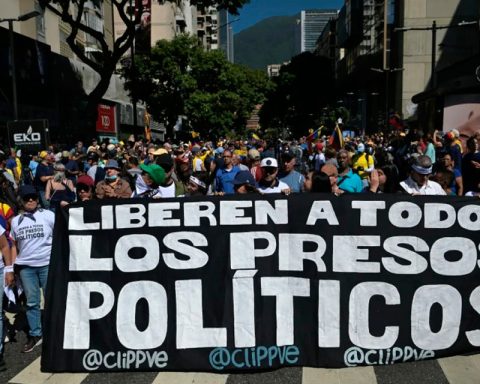In maternity hospitals in Acre, a state law created the Hora do Colinho project. It provides for the “humane and affective reception of orphaned newborn babies” or those who cannot have the mother’s presence, for some reason, during hospitalization.
The reception will be offered by the multiprofessional team of the hospital unit through the technique called SOP (Standard Operational Protocol). The goal is that Hora do Colinho provides a “moment of relaxation for the newborn, reduces maternal-paternal or family absence, stress and sensations” of pain and guarantees a more humanized care, with better recovery, reception and affection offered. by the professional’s lap.
The doctor of the Brazilian Society of Pediatrics, Régis Assad, says that the initiative was tested during the pandemic, with many babies in the ICU (Intensive Care Unit), whose mothers were hospitalized or died for some reason. As the newborns were very agitated, a nurse experimented with giving laps and affection, which brought good results in maternity hospitals that adopted Hora do Colinho.
emotional health
The specialist also highlighted that the hospital environment tends to be cold, with professionals focused on physical health. What can be lacking in the emotional health of patients, especially those who have just been born.
The law, in Acre, also determines that the reception technique, the POP, must be passed on to professionals who deal with newborns through courses and training offered by maternity hospitals in the state.
A study by the University of British Columbia, in Canada, showed that babies who did not have a lap had an underdeveloped molecular profile for their age as children. In other words, the lack of lap and touch can have consequences on that baby’s genetic profile, especially on metabolism and immunity throughout life.
Despite being a law in the state of Acre, Hora do Colinho may be implemented across the country. It is that a bill is being processed in the National Congress, by federal deputy Edna Henrique, from the PSDB, which proposes the expansion of the protocol at the national level.

















